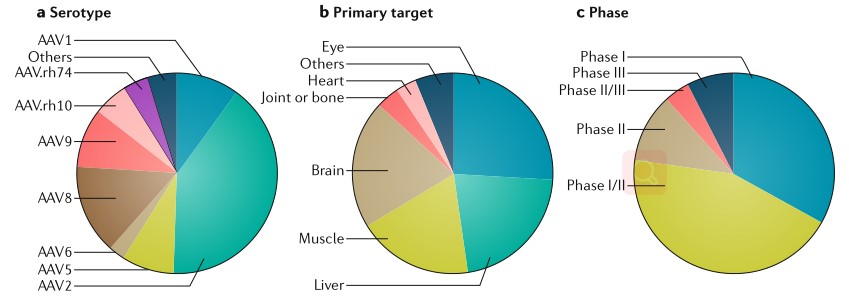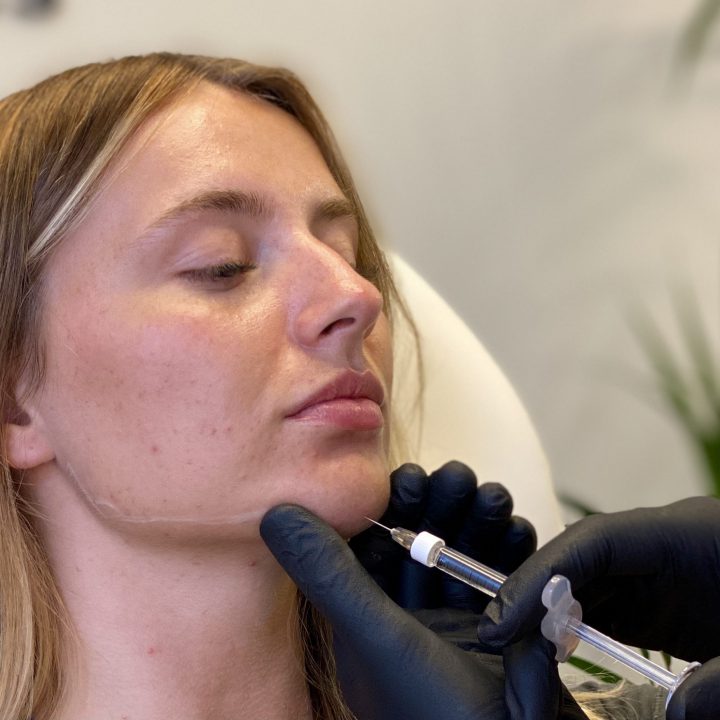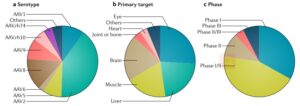As an expert in providing solutions to assist virology and microbiology research, Creative Diagnostics is pleased to announce the launch of its newest service, the Serum Plate Agglutination Test (SPAT) to help clients screen for the presence of multiple pathogens, providing healthcare professionals with a reliable and efficient solution for patient care.
SPAT is a common microbiological laboratory technique used to detect antibodies in animal sera that agglutinate against specific microorganisms, including bacteria, viruses, and parasites. By observing whether an agglutination reaction occurs when serum is mixed with the microorganism, it is possible to determine whether the animal is infected with the appropriate microorganism and to assess the level of antibodies in the animal.
With extensive experience in virology and antiviral research, Creative Diagnostics offers reliable and efficient in vitro detection methods, including the Serum Plate Agglutination Test, to help customers screen for a wide range of pathogens. This testing service can also assist in the detection of the body’s humoral immune response to any disease or infectious agent, the identification of various blood cell types or groups, and the development of diagnostic kits.
Creative Diagnostics’ SPAT testing capabilities include influenza virus (IFV), paramyxovirus, syphilis, and other bacterial and viral infections. Generally, this new SPAT testing procedure consists of several steps, including sample collection, serum preparation, antigen preparation, serum dilution, plate agglutination test, and interpretation of results.
First, a blood sample is taken from the subject and sent to a laboratory where it is centrifuged and separated into two parts: red blood cells and serum. Next, antigens corresponding to the antibodies being tested, usually microbial or cell surface proteins, are prepared and the serum is diluted in a ratio to minimize interference from other non-specific factors in the serum. The highest dilution of the antigen that produces significant agglutination in positive sera and no agglutination in negative sera is selected as the antigen to be used in the next step.
In serological tests, the antigen and positive or negative serum are mixed on a plate. The plate is incubated for a period of time and then observed for agglutination. Finally, the agglutination reaction can be determined by visual or microscopic observation. The extent and pattern of the agglutination reaction indicate the presence of specific antibodies in the serum. A serum sample is considered positive if a clear agglutination reaction is seen, while the absence of an agglutination reaction is considered negative.
With a team of experienced scientists and state-of-the-art facilities, Creative Diagnostics is committed to providing its customers with the most innovative and reliable solutions to support the scientific community in the fight against viral diseases and improve global health. The introduction of SPAT services will assist researchers in the accurate detection and diagnosis of various infectious diseases.
For more information, please visit https://antiviral.creative-diagnostics.com/serum-plate-agglutination-test-spat.html.
About Creative Diagnostics
Headquartered in New York, Creative Diagnostics is a consulting and experimental service provider specializing in virology and microbiology. The company provides comprehensive solutions to conquer obstacles in virology and microbiology research, from high-security infrastructure provision, biosafety regulation elucidation, to expert viral system assistance.


















